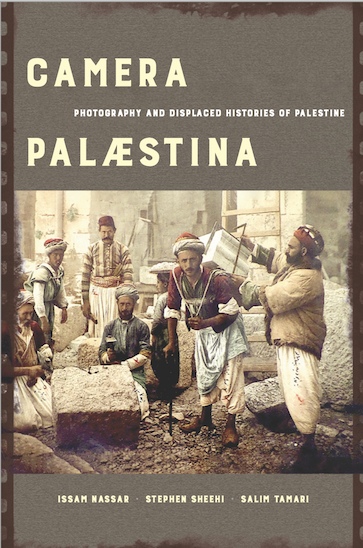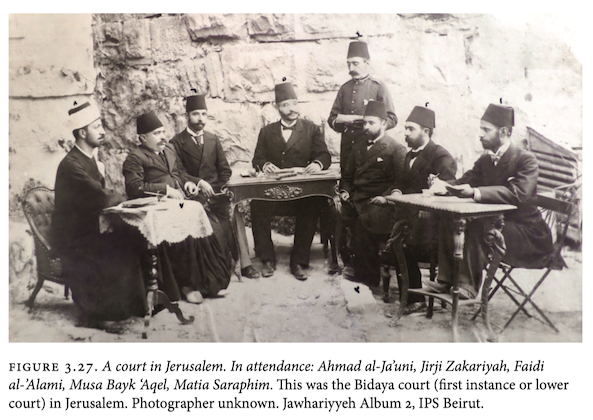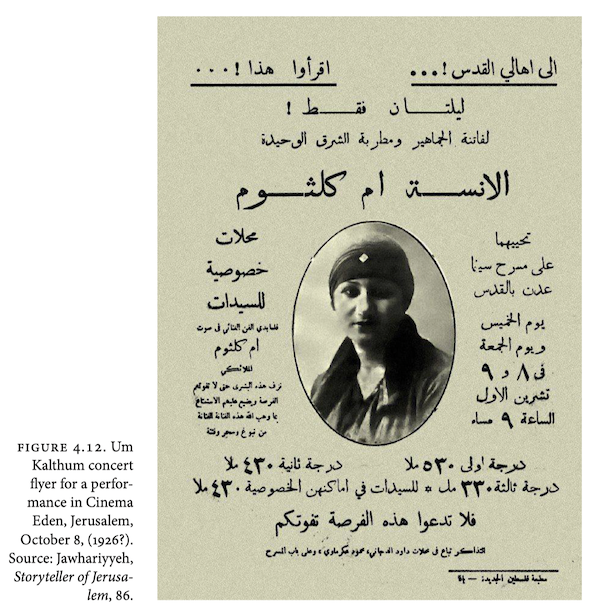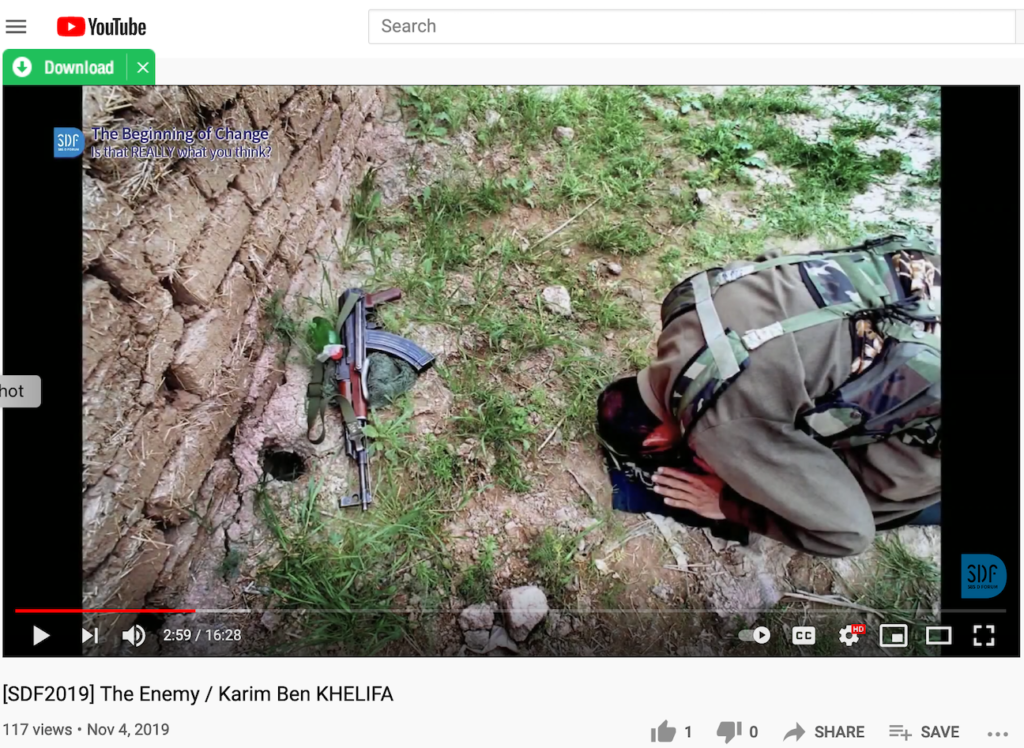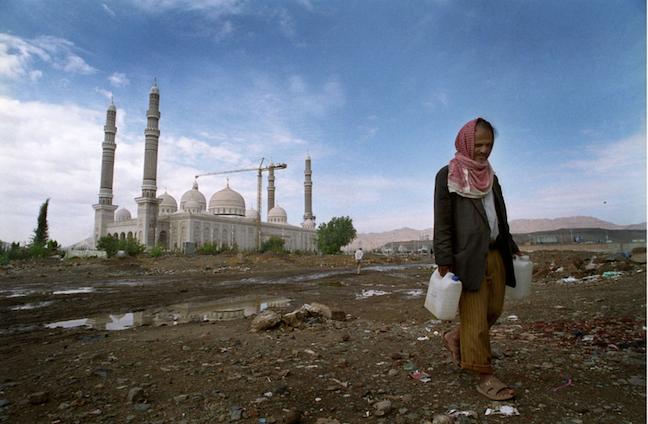Since Israel’s invasion of Gaza on October 27th, launched in response to an attack on Israel by Hamas on October 7th, there have been thousands of demonstrations held worldwide. Some of these demonstrations have included LGBTQ+ groups, voicing their support for a free Palestine, calling for a ceasefire and an end to the occupation. Pundits and laymen alike have reacted to this, often portraying queer solidarity with Palestine as a contradiction, calling it “bizarre” or jokingly comparing it to “chickens for KFC.”
These reactions prompted a group of more than 300 Swedish LGBTQ people to write a response, published in the Swedish newspaper Sydsvenskan, explaining that their support for Palestine may only appear bizarre to those who view human rights as conditional. The article is published in Swedish, but what follows here is a summary in English.
The group highlights the strategic rhetorical manoeuvre of equating support for Palestine with support for Hamas, similarly to how critique of Israel is equated with antisemitism. In fact, many LGBTQ groups have criticised Hamas and brought attention to the marginalisation of LGBTQ people in Gaza. Meanwhile, those pundits who ridicule Queers for Palestine have rarely showed any interest in LGBTQ rights in the past, and only do so now in order to defend Israel against its critics rather than to defend queer Palestinians.
Furthermore, the argument that queer Palestinians can find refuge in Israel is at best a half-truth. Israel has long banned any Palestinian – regardless of sexuality or gender identity – from working or settling permanently in Israel. Only in 2022 they decided to permit LGBTQ Palestinians from the West Bank temporary work permits. These, however, are short term and need to be renewed every other month, with the intention that Palestinian LGBTQ migrants eventually move to a third country. Israel does not recognise Palestinians’ right to asylum, although a court order in January 2024 ruled that LGBTQ Palestinians may request asylum. This decision is something that the current Interior Minister wants to see reversed.
The article also responds to the claim that Israel supports LGBTQ rights. This is part of what is called “pink washing,” meaning that Israels actions are justified with reference to their LGBTQ politics. This claim does not account for how the Israeli Defence Force (IDF) has been blackmailing queer Palestinians, forcing them to act as informants under threat of being “outed” (that the person’s sexuality or identity is revealed to others without their consent). In other words, Israel has been using LGBTQ people as pawns, constituting a direct threat against their lives but also contributing to a distrust against the queer community in Palestine, worsening their situation.
Notably, same-sex relations were decriminalised on the West Bank some 37 years before Israel (1951 compared to 1988), and it was due to Israeli occupation and application of Israeli law that same-sex relations were criminalised again on the West Bank. Of course, today it is easier to live openly as a gay person in Tel Aviv than it is in Gaza or the West Bank, but it is not on equal grounds. There are also several Palestinian organisations working to improve LGBTQ rights in Palestine whose works are impeded and made immensely more difficult by Israels continued and intensified occupation.
Lastly, the article affirms that queer support for Palestinians’ right to live in peace and free from occupation is not conditional on Palestinians’ views on LGBTQ rights. It is irrelevant whether or not those suffering under Israel’s invasion and blockade of Gaza and occupation of the West Bank believe homosexuality is immoral and should be banned. Neither Israel nor any outsider may dictate which party should rule in Palestine. However, the war, blockade and occupation constitutes the biggest obstacle to the liberation of LGBTQ Palestinians. The signatories of the article say that no liberation can be achieved under war and occupation.
The full text, in Swedish, can be read here.
The full list of signatories can be read here.

